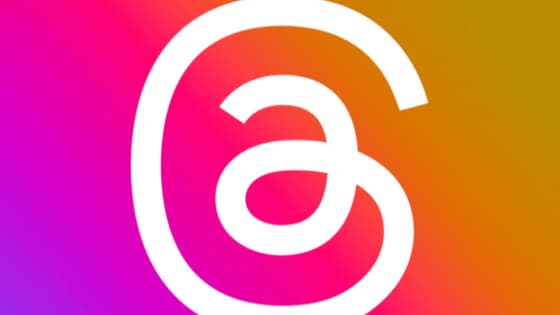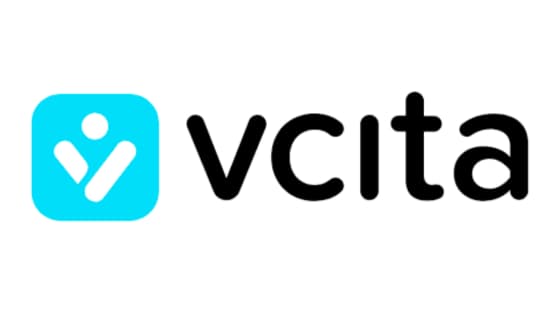There are a few popular initial angles gaining traction around the rollout of Meta’s new Threads app. That is the new social network that is unmistakably gunning for Twitter. Or at least to the same degree that Reels is gunning for TikTok. One angle we haven’t seen as much of is decentralization.
The most popular angle on this story appears to be, Will Threads (as good a name as “Meta” is a bad one, IMHO) be the Elon killer? Or some flavor of this. Threads’ rather impressive initial uptake offers significant supporting evidence here.
For example, TechCrunch reported this morning that, just 24 after its launch, Meta claims that Threads had surpassed 30 million sign-ups. That is pretty epic. And it certainly suggests that Threads may be accomplishing what others have thus far failed to do, which is to provide a legitimate alternative to Twitter. Despite Twitter’s challenges under Elon Musk’s ownership (he bought the platform last year), none of the efforts to knock Twitter off its pedestal have caused much of a wobble. Remember Substack Notes? It’s still there.
Fueling the Cage Match
Threads’ initial success may also add fuel to the animus between Musk and Meta CEO Mark Zuckerberg and bring that tech titan cage match closer to reality.
Fun and games aside. There is another angle that may prove to be more meaningful in the long run than it appears right now. And that is, of course, decentralization.
For many, decentralization means blockchain, crypto, defi, web3, and so on and so on.
When we talk about decentralization in a social media context, it may or may not involve blockchain and all those other buzzwords. For example, Mastodon, the decentralized Twitter competitor that seemed until today perhaps the most likely haven for, as The Verge put it, “Twitter quitters”, is decentralized. Mastodon, however, isn’t a blockchain application.
Mastodon is built on ActivityPub, an open decentralized social networking protocol that is a network of servers. No blockchain. No tokens. Meanwhile, other blockchain-based decentralized social networks have cropped up as well.
The Decentralized Future, Again
Meta seems to believe decentralization will be an important feature of social networks moving forward and emphasizes Threads’ decentralized features in its announcement.
For example, Meta says this in its announcement. “We’re committed to giving you more control over your audience on Threads – our plan is to work with ActivityPub to provide you the option to stop using Threads and transfer your content to another service.”
The notion of decentralization has a techno-utopian appeal that tends to animate those who have huddled around other next big things that threatened (or promised?) to take power away from centralized authorities like big banks or Jeff Bezos, and put it in the hands of the people. Think Bitcoin, the metaverse, and web3, and you get the idea.
When Meta, to many the ultimate example of centralized authority, touts decentralization, a dash of skepticism may well be warranted.
Of course, there is also Musk’s decision to limit free users to 600 scrolls a day. That may have really been the straw that broke Twitter’s back.




